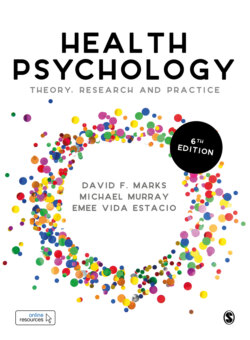Читать книгу Health Psychology - Michael Murray - Страница 145
На сайте Литреса книга снята с продажи.
Systematic Reviews
ОглавлениеA systematic review (SR) is a method of integrating the best evidence about an effect or intervention from all relevant and usable primary sources. What counts as relevant and usable is a matter for debate and judgement. Rules and criteria for selecting studies and for extracting data are agreed in advance by those carrying out the review. Publishing these rules and criteria along with the review enables such reviews to be replicable and transparent. Proponents of the SR therefore see it as a way of integrating research that limits bias. Traditionally, the method has been applied to quantitative data. Recently, researchers have begun to investigate ways and means to synthesize qualitative studies also.
Knowing how to carry out and to critically interpret an SR report are essential skills in all fields of health research. They enable researchers and clinicians to integrate research findings and make improvements in health care.
Systematic reviews act like a sieve, selecting some evidence but rejecting other evidence. To retain the metaphor, the reviewers act as a filter; what they see and report depends on how the selection process is operated. Whenever there is ambiguity, the process may well tend to operate in confirmatory mode, seeking positive support for a position, model or theory rather than disconfirmation. It is essential to be critical and cautious in interpreting and analysing SRs of biomedical and related topics. If we want to implement new practice as a direct consequence of such reviews, we had better make certain that the findings are solid and not a mirage. This is why the study of the method itself is so important. Systematic reviews of the same topic can produce significantly different results, indicating that bias is difficult to control. Like all forms of knowledge, the results of an SR are the consequences of a process of negotiation about rules and criteria, and cannot be accepted without criticism and debate. There are many examples of SRs causing controversy, for example Law et al. (1991), Swales (2000), Marks (2002c), Dixon-Woods et al. (2006), Roseman et al. (2011) and Coyne and Kok (2014).
